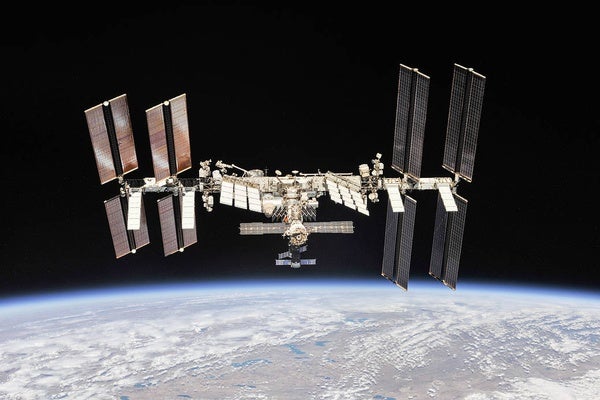 |
| August 03, 2021 |
 |
| Space Exploration Can the U.S. and China Cooperate in Space? China's meteoric rise in space science and exploration—along with its new partnership with Russia—is spurring U.S. experts to reconsider a long-standing prohibition on bilateral collaborations By Leonard David | |
| Extraterrestrial Life Future Space Travel Might Require Mushrooms The mycologist Paul Stamets discusses the potential extraterrestrial uses of fungi, including terraforming planets, building human habitats—and providing psilocybin therapy to astronauts | | | | |
| |
| |
| Planetary Science Buried 'Lakes' on Mars May Just Be Frozen Clay Mineral deposits, not salty water, are the most likely cause of radar reflections spotted beneath the planet's south pole, a new study finds | | By Charles Q. Choi,SPACE.com | | | |
| |
| |
| |
| |
| Diversity Conversations With Black Leaders in STEM Black innovators and leaders discuss career paths, mentorship and diversity in science. This speaker series is hosted by the Black Employee Network at Springer Nature, the publisher of Scientific American. | | | | |
| |
| |
| Extraterrestrial Life To Understand UAP, We Need Megapixel Imagery If any of them represent advanced technology, high-resolution photographs might tell us whether they're metaphorically labeled "Made in China" or "Made on Exoplanet X" | | | | |
| |
| |
FROM THE STORE
 | | | |
| |
| QUOTE OF THE DAY
 "The solar system is such a big place. If we're all duplicating everything individually, that is just stupid. So collaboration, cooperation, coordination--I think that's absolutely the way to go." Jim Head, planetary scientist at Brown University | |
LATEST ISSUES
 |
| |
| Questions? Comments?  | |
| Download the Scientific American App |
| |
| |




